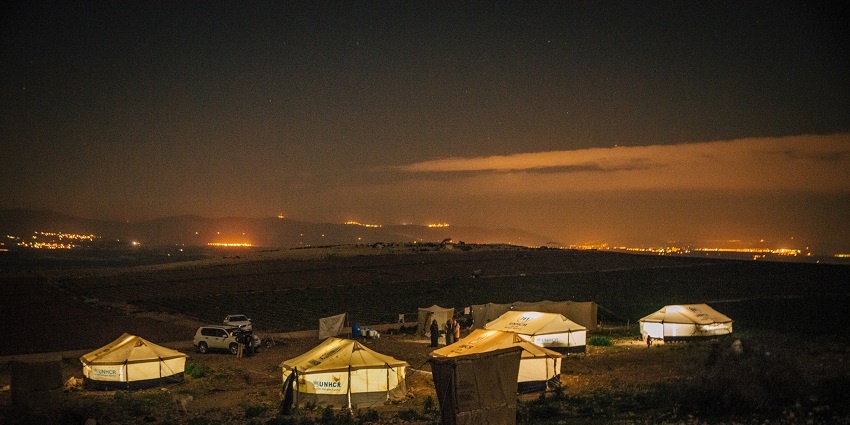
A programme for financial inclusion of refugees
Often perceived as risky clients, refugees are generally not or poorly assisted by financial service providers. However, their needs are very significant and the access to financing for income-generating activities can contribute largely to their social inclusion. To address this challenge, the United Nations High Commissioner for Refugees (UNHCR), the Swedish International Development Cooperation Agency (Sida) and the Grameen Credit Agricole Foundation launched a programme to promote access to financial and non-financial services for refugees and host communities. The first phase of preliminary studies has just been accomplished.
The Grameen Credit Agricole Foundation was selected to manage the technical assistance of the programme and support its partner microfinance institutions to develop an offer of products and services properly adapted to refugee populations. Under the coordination of the Foundation, the consulting firm Microfinanza (Italy) carried out field missions to assess refugees’ financial and non-financial needs in Uganda and Jordan, the first two countries targeted by the programme.
A first evaluation on Uganda and Jordan
In Uganda, despite a structured refugee policy framework that tends to favor integration, job opportunities are limited. Approximately 1.5 million refugees currently live in the country and are concentrated mostly in rural areas where difficulties in access to employment and finance are even more significant.
In Jordan, 750 000 refugees have been registered so far. Nevertheless, due to regulatory constraints, refugees remain mostly excluded from the job market. In parallel, the local microfinance sector, still young comparing to other countries, does not have access to the resources needed to expand its existing range of services to benefit refugees population.
Within this context, the programme’s first study was carried out. Besides assessing the refugees’ financial needs, the study has also paved the way to set the most appropriate lines of action to address this challenge. Through financing and technical assistance, the second stage of the programme will seek to develop and enhance access to finance for refugees though the microfinance institutions supported by the Grameen Credit Agricole Foundation.
Full Report (EN ): Jordanie – Ouganda
Executive Summary (EN) : Jordanie – Ouganda
Access the blog on the Findev Gateway website by clicking here.
________________________________________________________
For more information
United Nations High Commissioner for Refugees (UNHCR) is mandated by the United Nations to lead and coordinate international action for the worldwide protection of refugees. The organization delivers life-saving assistance, helps safeguard fundamental rights and develops solutions for the well-being of refugee populations. UNHCR works in 128 countries around the world on behalf of 71.4 million people.
//www.unhcr.org/ / @Refugees
The Swedish International Development Cooperation Agency (Sida), is a government agency working on behalf of the Swedish Parliament and government, with the mission to reduce poverty in the world. Through its work and in cooperation with others, Sida contributes to implementing Sweden’s Policy for Global Development. Sida works in 35 countries in Africa, Asia, Europe and Latin America.
www.sida.se / @Sida
Microfinanza is a company specialized in services and technical assistance related to the microfinance sector. Its mission is to contribute to the financial inclusion and participate in the development and professionalization of the sector. With more than 15 years of experience, Microfinanza provides a wide range of activities: consulting projects, training, evaluations and preparation of studies and researches.
//www.microfinanza.com/